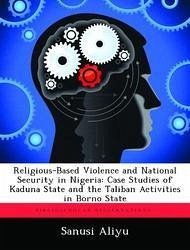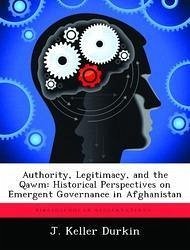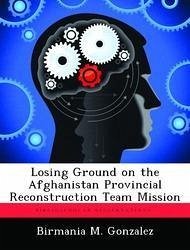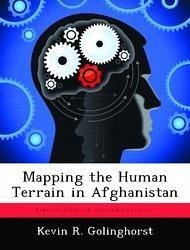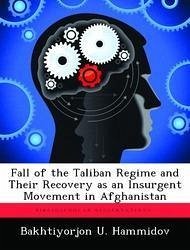
Fall of the Taliban Regime and Their Recovery as an Insurgent Movement in Afghanistan
Versandkostenfrei!
Versandfertig in über 4 Wochen
52,99 €
inkl. MwSt.

PAYBACK Punkte
26 °P sammeln!
This thesis investigates the rapid defeat of the Taliban Regime by a US-led coalition and the ability of the Taliban to survive, reorganize, and form an insurgency movement. This paper contends that there are an important set of interrelated social, cultural, religious, ethnic, tribal, historical and geographic factors that must be considered to understand the current resurgence of the Taliban as an insurgency. The rationale for looking at these factors is to provide insight into the Taliban resurgence that can expose possible vulnerabilities that might be used to defeat the current insurgency...
This thesis investigates the rapid defeat of the Taliban Regime by a US-led coalition and the ability of the Taliban to survive, reorganize, and form an insurgency movement. This paper contends that there are an important set of interrelated social, cultural, religious, ethnic, tribal, historical and geographic factors that must be considered to understand the current resurgence of the Taliban as an insurgency. The rationale for looking at these factors is to provide insight into the Taliban resurgence that can expose possible vulnerabilities that might be used to defeat the current insurgency. The main premise is that the insurgency cannot be divorced from its larger cultural context and that an understanding of the Taliban's support base will yield solutions towards eroding that base of support. The thesis does not provide the definitive solution, rather, it sheds light on the human factors of the problem that are often overlooked in the quest for decisive military action. The underlying assumption is that improving understanding of the human environment in which forces operate provides new points of departure or shifts in focus that are more effective in countering the reemergence of the Taliban or similar groups.



